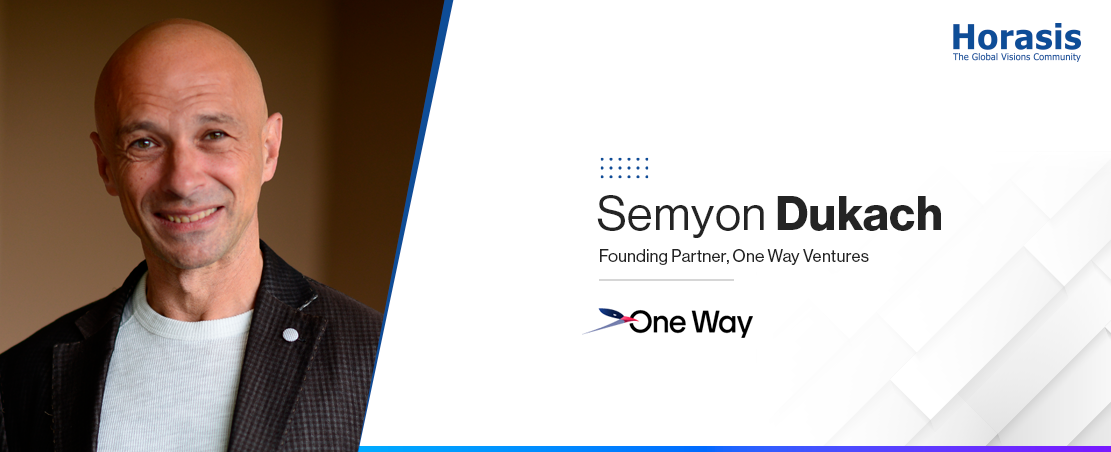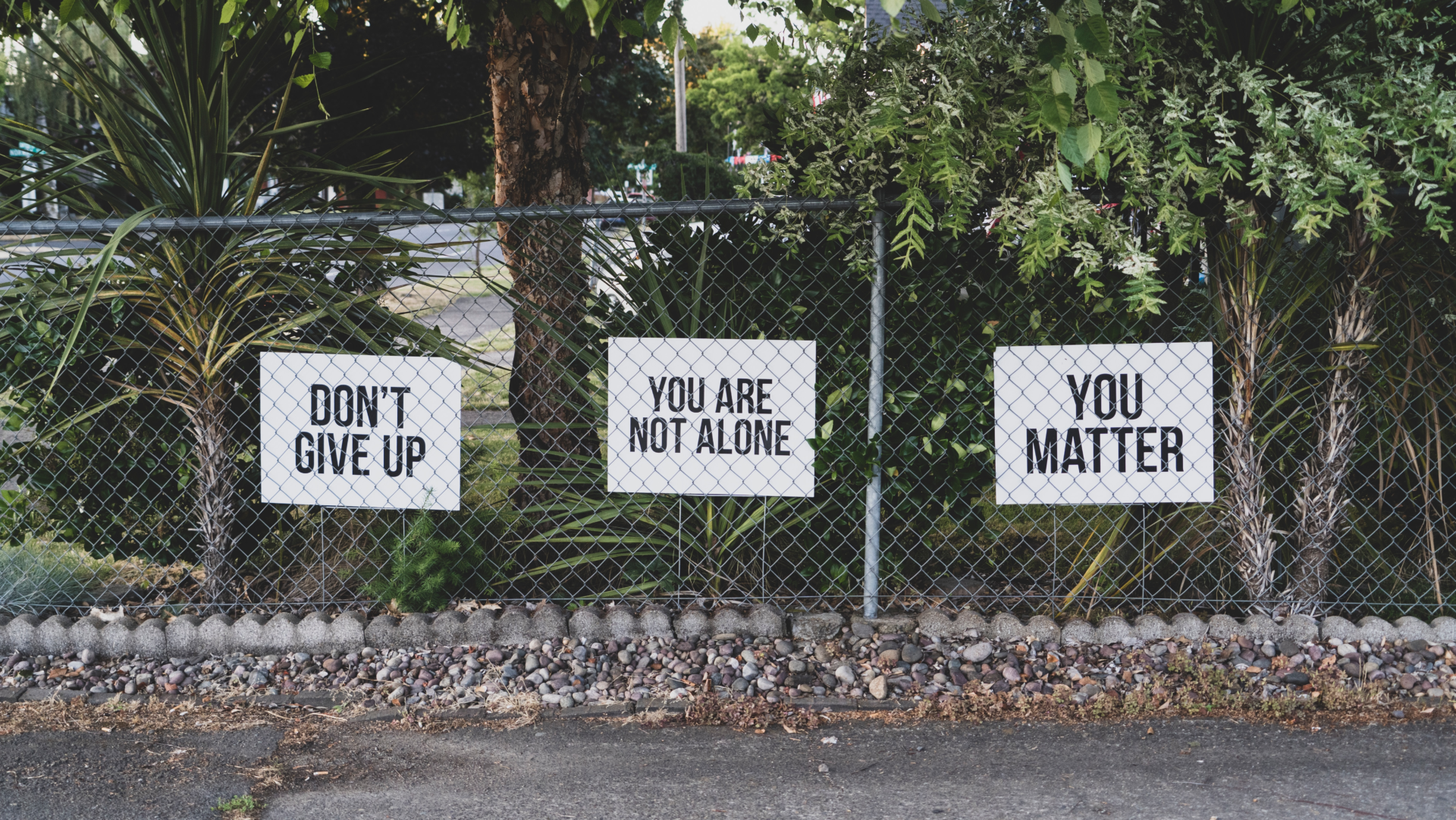The Cognitive Atrophy Crisis: When AI Is Rewiring Human Intelligence
The Hidden Price of Convenience—How Our Digital Dependencies Are Quietly Erasing Human Capabilities
“We are creating a world of people who know how to use tools but have forgotten how to think without them.” — Sherry Turkle, MIT Professor
We were walking back from lunch near our campus canteen (Oval) when one of us realized something unsettling. After five years in Hyderabad, we’d become completely dependent on Google Maps for navigation. Without our phones, we genuinely couldn’t find our way back to familiar places.
That moment sparked a disturbing question: if AI is making us “smarter,” why do we feel less capable when it’s not around?
Your Brain’s Secret Addiction to Shortcuts
Let us share something uncomfortable we’ve learned from neuroscience research. Your brain operates on a ruthless principle: what you don’t use, you lose.
Remember those Indian taxi drivers who memorize 25,000 streets? Brain scans show their hippocampus actually grows larger. But here’s the flip side—when GPS eliminates the need for spatial memory, those same brain regions begin to shrink.
We’re not just changing how we navigate. We’re rewiring the fundamental architecture of human cognition.
In our AI research centre, we’ve been tracking this phenomenon across multiple domains. The pattern is consistent and alarming.

Article co-author Dr. Hemachandran K
When Performance Hides Incompetence
Last month, we interviewed an emergency physician, Dr. Ramya (name changed) at Care & Cure, Woxsen University. For a decade, she prided herself on diagnostic intuition—sensing when something was “off” with patients before tests confirmed her suspicions.
Then her clinic introduced AI diagnostic assistance. Her accuracy improved 23%. Patient outcomes soared. She was promoted.
But during a recent system outage, Dr. Ramya found herself second-guessing every decision. The confidence she’d built over a decade had quietly evaporated.
“I realized I wasn’t a better doctor,” she told us. “I was just a really good AI operator.”
This is what we call the Performance-Competence Paradox—the troubling gap between how well we perform with AI assistance and how well we function without it.
The Data That Keeps Us Awake at Night
Through our research collaborations, we’ve compiled data that honestly disturbs us:
Heavy GPS users show a 23% decline in spatial reasoning tasks. Medical professionals make 37% fewer errors with AI, but when systems fail, their accuracy plummets 18% below their pre-AI baseline. Students using AI learning platforms show 31% shorter attention spans on non-personalized content.
Perhaps most troubling: AI-assisted air traffic controllers manage 31% more aircraft safely, but during outages, their emergency response drops 26% below colleagues who never used AI assistance.
The Stories That Haunt Our Research
Mr. Vijay, a financial analyst in Dubai, shared his experience with us. For three years, he’d relied on AI-powered market analysis. His recommendations were consistently profitable until a system failure left him analyzing markets manually.
He stared at spreadsheets that once seemed intuitive, feeling like he was reading a foreign language.
“I wasn’t a better analyst,” Vijay reflected. “I was just a really good AI operator.”
We’re hearing variations of this story everywhere.
The Generational Divide We’re Witnessing
In our business analytics classes at Woxsen, we’ve noticed something troubling. Our students—digital natives who navigate complex software with ease—struggle with basic algorithmic thinking without computational aids.
“They can use AI coding assistants to write complex programs,” we’ve observed, “but ask them to trace through a simple algorithm by hand, and they’re lost.”
Elementary teachers share similar concerns. Children who excel with AI-powered apps struggle with unstructured learning. They thrive when content is perfectly personalized but become frustrated when faced with challenging material requiring sustained effort.
Why This Evolution Feels So Natural
Here’s what makes this crisis insidious: it feels completely natural. For hundreds of thousands of years, the human brain evolved to be efficient, discarding unused skills to focus on immediate survival needs.
This “neural Darwinism” served our ancestors well. But in our digital environment, this ancient efficiency mechanism has become a liability.
As Dr. Hemachandan Kannan from Woxsen University puts it: “We’re experiencing an evolutionary mismatch. Our Stone Age brains are optimizing for a world that no longer exists, while neglecting the capacities we need for an uncertain future.”

Article co-author Dr. Raul Villamarin Rodriguez
Cognitive Reserve: The Emergency Fund We’re Spending
We’ve started thinking of cognitive abilities like a savings account. Cognitive reserve—built through challenge and struggle—helps you adapt to setbacks and maintain mental agility as you age.
When we remove all friction from learning and thinking, we’re essentially bankrupting our mental emergency fund. The result? Reduced capacity to think when technology fails.
The Urban Navigation Crisis
Recent research shows 67% of young adults in major cities can’t provide directions to familiar locations without consulting phones. When we lose spatial navigation ability, we lose fundamental cognitive capabilities that support memory formation, strategic thinking, and mathematical reasoning.
Designing for Cognitive Resilience
The solution isn’t abandoning AI—it’s redesigning our relationship with it. Through our work, we’ve identified key principles:
Intermittent Dependency: Systems that occasionally require human override. GPS that sometimes requires manual navigation. AI diagnostic tools that regularly ask doctors to decide without assistance.
Cognitive Cross-Training: Regular practice of mental skills that AI typically handles—navigation without GPS, problem-solving without digital assistance, decision-making requiring independent judgment.
Transparency: Users should understand not just how to use AI systems but how they work and where they fail.
The Quiet Resistance Movement
We’re encouraged by what we’re seeing globally. Teachers implement “analog days” in classrooms. Hospitals require doctors to practice without AI assistance. Companies redesign workflows to maintain human decision-making loops.
In one of my recent healthcare conferences, many doctors said, “I want AI to make me a better surgeon, not to replace my surgical judgment. The goal isn’t to eliminate human thinking but to amplify it.”
Learning to Collaborate, Not Surrender
Through our research, we’ve come to believe the future isn’t about building better AI—it’s about designing technology that helps us become better thinkers, not just better performers.
We can create AI systems that challenge us to grow rather than simply making tasks easier. We can build educational platforms that develop cognitive resilience alongside technical skills.
The key is remembering that our minds are species-wide treasures built over millennia of human evolution.
The Choice We Face Today
Back to our navigation crisis in Hyderabad. We’ve since started walking without phones more often, practicing the cognitive skills we’d allowed to atrophy.
Being lost occasionally is better than never knowing where we really are.
The machines can dream, calculate, and navigate for us. But if we’re not careful, we may wake up one day to discover we’ve forgotten how to think for ourselves.
The age of artificial intelligence is just beginning. Whether it enhances human capability or replaces it depends on choices we’re making right now—choices about what cognitive abilities we choose to preserve, develop, and pass on to future generations.
The question isn’t whether AI can think for us—it’s whether we’ll remember how to think for ourselves.
Article By:
Dr. Raul Villamarin Rodriguez (Vice President, Woxsen University, Hyderabad, India)
&
Dr. Hemachandran K (Vice Dean and Director of AI Research Centre, Woxsen University, Hyderabad, India)



